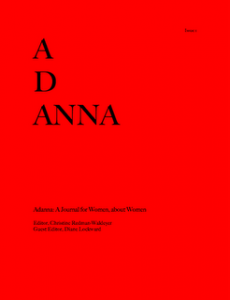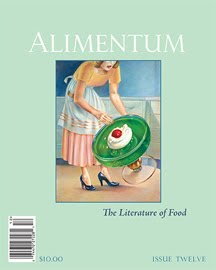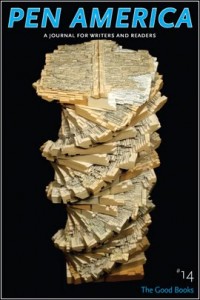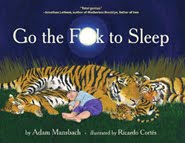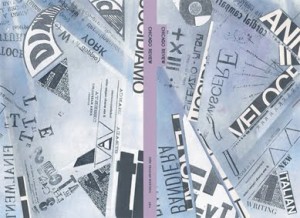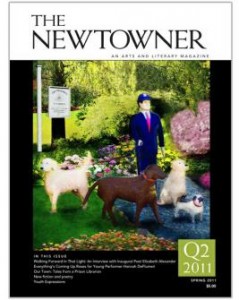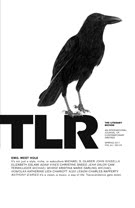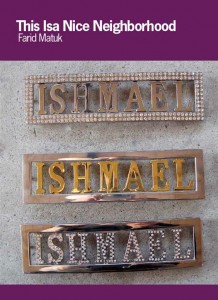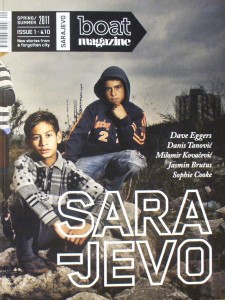A letter from Natalija & Ognjen, curators of an upcoming small press book exhibit in Croatia seeking U.S. participation:
Dear colleagues,
we would like to invite you and your press to participate in an exhibition that would present independent US presses and their editions to the literary public, but also to translators, editors, critics, and literary scholars of Croatia and the neighboring region.
This exhibition (IamN – Izlozba americkih nakladnika / Exhibition of American Independent Presses) will be organized under the auspices of ZVONA i NARI (Bells & Pomegranates) Library and Literary Retreat, and curated by us, Natalija Grgorinic & Ognjen Raden.
ZVONA i NARI is a recently founded non-profit organization based in Liznjan, Croatia with a goal of promoting literary communication across the geographical borders (more information, albeit still only in Croatian, is available at www.zvonainari.hr). The two of us are writers, writing and publishing both in Croatian and English, graduates of Otis College’s MFA Writing Program (Los Angeles, CA), who have just earned a PhD in Literature at Case Western Reserve University in Cleveland, OH.
Having spent the better part of the past eight years in the US, we have become well acquainted with its literary scene, especially the independent one, and have for some time been aware of how little of that scene is noticed outside of the US borders. Unfortunately, the only literature that ever gets registered on an international scale is the one that gets picked up by commercial, corporate publishers, which, in our view, accounts for a very bland picture of what American literature is about.
Hence, by organizing this exhibition, we hope to offer local Croatian translators and publishers a deeper insight into current US literary trends and potentially establish new routes for literary dialogue and exchange. To participate in this exhibition all you have to do is send us at least one copy of each title you would like us to present. We encourage you to send primarily poetry and prose (meaning fiction and literature-oriented essays) of American writers. Please, accompany your books with any information you find relevant, either in regards to the authors or your press.
Depending on the number of books we receive for the exhibition, by October 2011 we will compile both digital and print catalogues, we will present the exhibition to the general public in participating public libraries in Croatia as well as the region, and will keep the books at our library in Liznjan making them permanently accessible to translators, publishers, and literary scholars who will stay at our literary retreat.
Here we need to emphasize that programs organized by ZVONA i NARI are absolutely free to the public: writers, translators, editors, critics, indeed all active participants in the world of literature. In fact, should you or any of your authors want to visit us, we would be more than happy to present your press and your work. Unfortunately, at this time, we still have no means of covering our guests’ travel expenses – our retreat offers free accommodation and logistical support to visiting writers.
For further information, regarding the exhibition, our literary retreat, or any other matter, contact us at: [email protected] or + 385 52 540 642.
You can send your entries for the exhibition to:
ZVONA i NARI
(for IamN)
Liznjan 840 B
52204 Liznjan
Croatia – Hrvatska
Should you decide to participate, do inform us of your decision by email so that we are aware of your entry, and that we are able to better organize our activities regarding the exhibition.
If, however, you find you have no interest in presenting your titles in this way or at this time, but have other projects we could help you with, please, remain in contact.
Thank you for your time.
Best regards,
Natalija Grgorinic & Ognjen Raden



